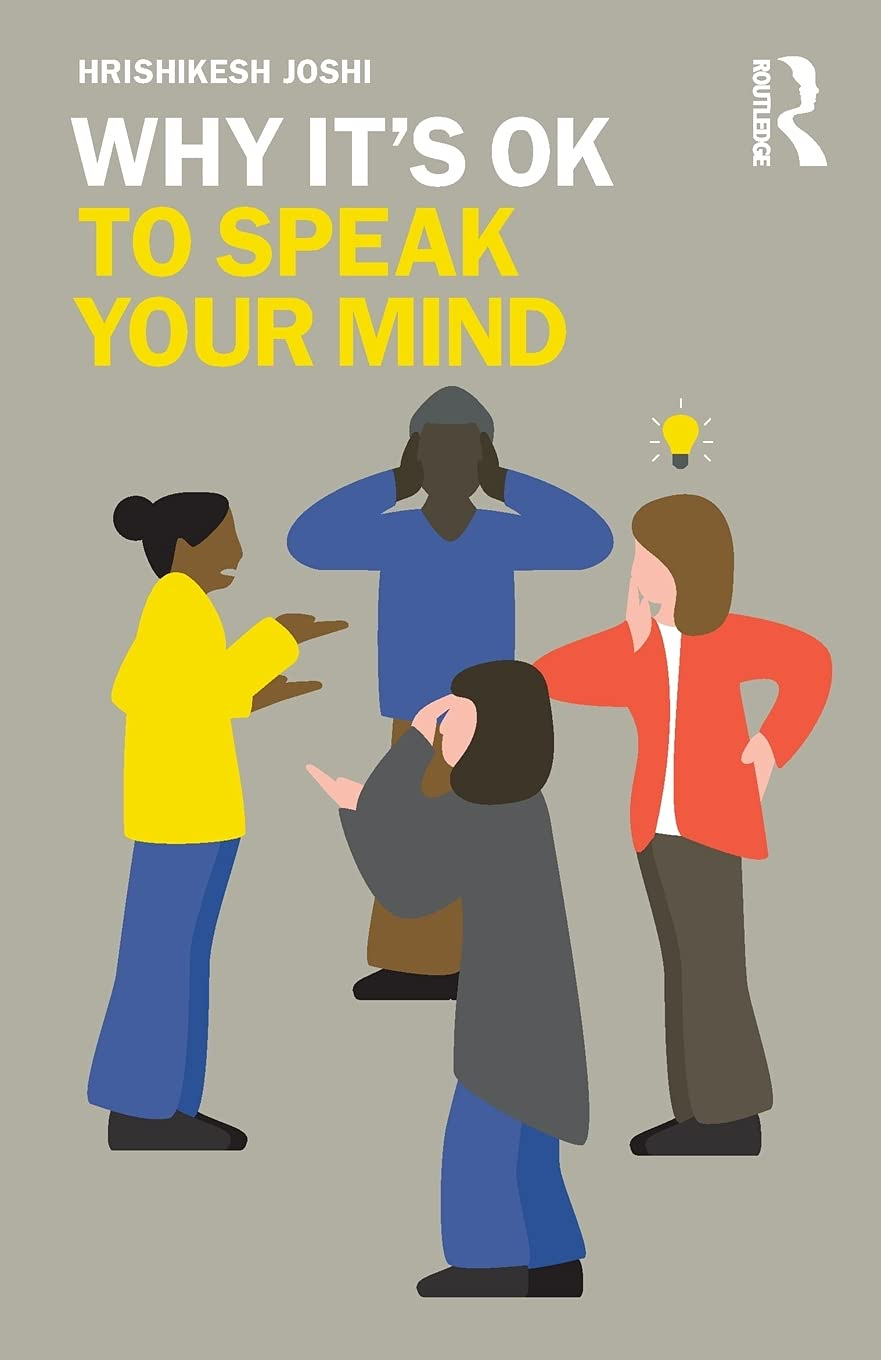
Over the last decade or so, wokeness largely conquered U.S. higher ed. Things were never good in the Ivory Tower; left-wing bias was already intense in the 1980s. But starting circa 2010, the situation on-campus proverbially went from bad to worse. Two of the most glaring changes:
Classic support for free speech eroded. Professors and students really did start to get punished by their own schools for speaking and writing un-woke things. At first, I only saw these changes on social media. After a few years, however, people I personally knew started to endure persecution. True, outsiders might deem the ultimate punishments mild. Remember, however, that the process is the punishment. If your school allows an anonymous person to file a harassment case against you for a tweet, then dismisses the case after you lose months of sleep and $10,000 on lawyers, you’ve still been punished harshly!
Top university administrators started taking official positions on current events and policy issues: BLM, gun control, MeToo, Ukraine, Covid, and more. Indeed, they started making official pronouncements about “our values” such as Anti-Racism (TM). If you’re on the mailing list for the typical university president, you know what I’m talking about.
Since the October 7 Hamas attacks, though, many prominent U.S. universities have suddenly embraced free speech and even political neutrality. Harvard is infamous for its rock-bottom FIRE score, but after October 7, President Claudine Gay channeled Voltaire:
In the speech, Gay reiterated the University’s commitment to free expression, though she did not specifically refer to the student groups that co-signed the Harvard Undergraduate Palestine Solidarity Committee’s controversial statement on Israel.
“That commitment extends even to views that many of us find objectionable, even outrageous,” she said. “We do not punish or sanction people for expressing such views, but that is a far cry from endorsing them.”
Yale is infamous for its weak-kneed response to the great Halloween costume controversy, but after October 7, President Salovey’s mind grew very broad:
When facing tragedy, we can feel our differences intensely. Regardless of how we view the war in the Middle East, I believe in the strength of this community. We remain committed to open dialogue and to sustaining a community of respect. I call on all of us to treat each other with compassion and understanding and to reject discrimination and intolerance in any form.
My own President Gregory Washington just emailed all of GMU:
As we have stated repeatedly, protestors have a constitutional right to speak their minds as long as their actions remain lawful, peaceful, and non-disruptive to our educational mission. Today’s actions violated all three of those conditions.
As committed as we are to maintaining everyone’s constitutional rights at Mason, this university is equally committed to maintaining a safe and lawful environment required for our educational mission to be possible.
The cynical story is that deeply woke universities leaders privately sympathize with Hamas, but are too timid to openly say so. Hiding behind free speech and political neutrality is their next-best option. The optimistic story is that until recently, crypto-sensible university leaders’ were too afraid of woke activists to stand up for free speech and political neutrality.
Regardless of the true story, the vocal revival of these old-time academic principles creates amazing opportunities for faculty and students who has been practicing self-censorship during the Woke Dark Ages. Let’s take university leaders at their word. Hrish Joshi wrote a whole book called Why It’s OK to Speak Your Mind. Undergrads, grad students, faculty, post-docs! You’re probably never going to get a better chance to go full Hrish. Wokeness tried to redefine mere discussion of anti-woke ideas as “harassment” or worse. Now is the time to start vocally yet calmly discussing all of them — including, but not limited to:
The economics of discrimination
Discrimination in academic admissions and hiring (“affirmative action”)
The reality of human intelligence (“IQ”)
The many causes and effects of differences in IQ
Racial differences in IQ
Racial differences in criminality
The reality of gender differences
The many causes and effects of gender differences
The case against abortion
Gender realism
“Gender-affirming care” as a euphemism for extreme self-harm
If transgenderism makes sense, why not transracialism? Transableism?
Though I’ve got mixed feelings about a few of these topics myself, they all deserve a fair hearing, not the thinly-veiled (and worse) threats they’ve endured on campus for the last decade.
Bottom line: University leaders have rhetorically painted themselves into corner. If they try crushing dissent, “weighing in,” or preaching about “our values,” they’re going to look even worse than they already do. Indeed, given the mass of Hamas-wear (including a full Hamas cape) I’ve seen at GMU and the University of Texas over the last few weeks, I think you can now get away with discussing any topic you like while wearing any costume you like. Now is your chance — and the chance of every true on-campus dissident. As Treebeard roars at the end of the The Two Towers, “Break the dam! Release the river!”


















I’ll upgrade to paid after that post. Bold move Bryan! Thanks!
That list reads like the contents of a Walter Block book.